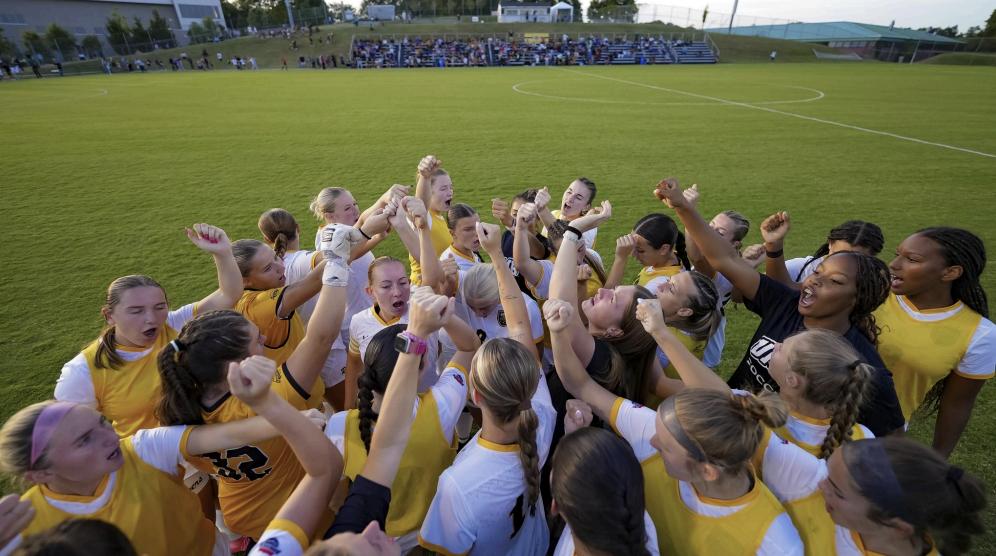This article has been updated to reflect new information and for clarity.
University of Maryland, Baltimore County administrators and student leaders met via WebEx on Monday evening to discuss and address the concerns outlined in a petition written and circulated by the Young Democratic Socialists of America UMBC chapter.
President Freeman Hrabowski opened the conversation by thanking the students for the petition and explaining that while UMBC has financial challenges due to the pandemic, administration has also chosen to “invest and keep the money in education.”
The average full-time, undergraduate student will pay $1,300 less than they paid last fall, and there is a 22% decrease in money expected from students for the fall 2020 semester, according to Vice President for Finance and Administration Lynne Schaefer. For graduate students, there will be a $100 decrease per credit hour this fall, compared to last fall.
In the fall, UMBC is set to have a negative impact of another $54 million on top of the money lost in the spring, due to state budget cuts and reduced fees collected, including the omitted transportation and parking fee. According to Lisa Akchin, the associate vice president of engagement in the Office of Institutional Advancement, “there is also an anticipated $22M reduction in [UMBC’s] state-supported budget, so the total anticipated negative financial impact is approaching $80M,” as stated in an email to The Retriever.
“Virtually every revenue source has been affected by this [pandemic],” Schaefer said. But, there is still money left over from the federal funding provided to the university through the Higher Education Emergency Relief Fund section of the CARES act, Schaefer said. The grants, which are each a maximum of $800, were created to assist students during this emergency who have completed the FAFSA and demonstrated financial need. UMBC still has $2.2 million left out of the $4,657,829 that they were allocated, and students are encouraged to continue applying, Schaefer said.
The grievances in the petition, which was written by YDSA president Sonia Borenstein, treasurer Elijah Gerald and member Collin Papenfuss, detailed the YDSA perspective on the return to the prior academic pass/fail policy, lowering tuition, defunding campus police and virtual learning accommodations.
Katharine Cole, the vice provost and dean of Undergraduate Academic Affairs, explained that in the spring, the policy change was enacted in order to accommodate the drastic changes that students had to go through, moving off-campus and switching to virtual learning halfway through the year. At the beginning of the summer 2020 sessions, UMBC returned to the pass/fail policy that was in place before the pandemic.
“Students signed up for what they got,” with summer online courses, Cole explained, rather than being thrust into virtual learning, like in the spring. “Instead of having to flip to [virtual learning] we have months to prepare,” she said.
One complaint from the spring was that “professors weren’t coordinating nearly as well [as under normal circumstances] and students were flipping from platform to platform,” said Cole. In order to prepare faculty members and aim to standardize virtual learning, faculty members are going through an intensive virtual learning training program called Pivot. Another training program, called Folio, is available to students to prepare for the fall. In the fall, UMBC also aims to provide computers for those who don’t have the type of computer they need to complete their coursework.
For exams and testing, the Faculty Development Center is currently developing “different pedagogy,” Cole said. Instead of a few major exams that determine student grades, Cole says that faculty will be administering “multiple lower stakes exams, so there is an opportunity to develop and do better.” This is not an across-the-board mandate, rather it is a new option for faculty to decide if they would like to take part in, but President Hrabowski stressed that administration is aware that they need to be “as flexible as possible.”
According to Cole, students earned about 10% more A’s in the spring semester. B’s awarded and students withdrawing from courses remained the same, while C’s, D’s and F’s declined and there was an increase in courses with the “pass” designation.
On the faculty side, Schaefer stressed that UMBC is sticking to their “no layoffs” goal, but departments will be eliminating vacant positions. This is part of their “commitment to people,” President Hrabowski said. As for furloughs, Schaefer stated that after the elimination of vacant positions, administration will be “looking at all options available to us.” Personnel makes up 70% of UMBC’s budget.
President Hrabowski shared his prediction about a December commencement. “What I’m seeing and from people I talk to at [the National Institutes of Health] this virus is going to be unpredictable through the end of this year,” he said, adding “there’s reason to doubt we’ll be having big groups this December.”
One of the main issues in the petition that was not touched on or brought up was defunding campus police. The UMBC police has been allocated $2,681,679 as of the 2020 budget.

